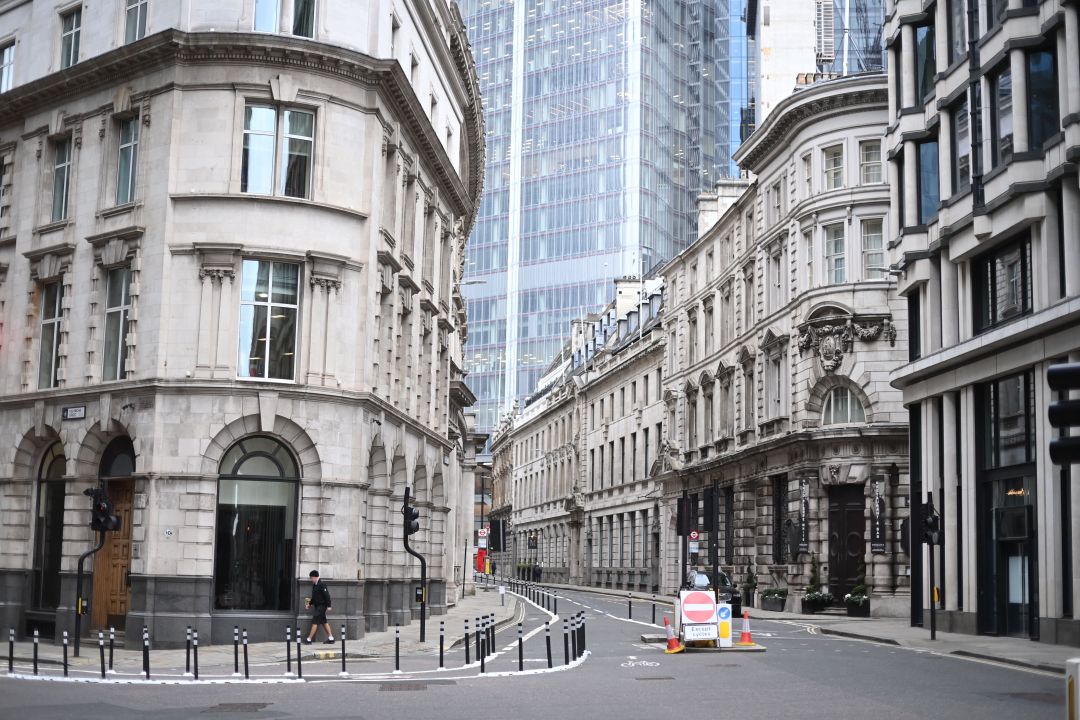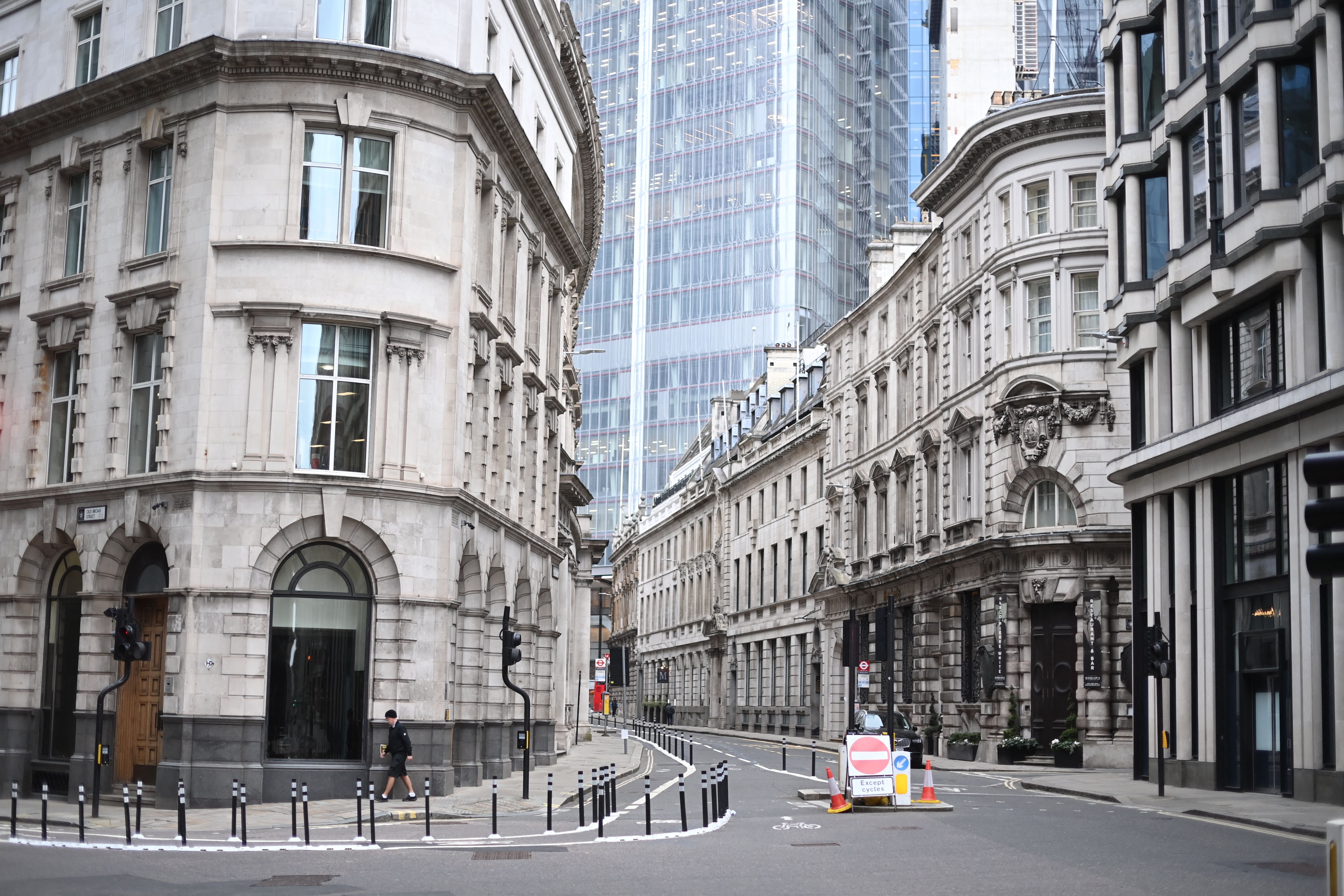To what extent will our pandemic lifestyles stick? With ‘work from home’ guidance in place for the best part of a year now, it’s has been assumed that trends towards flexible working are accelerating. Until the guidance formally shifts and employees have complete freedom to return to work, no one is quite sure what the demand to return — or stay home — will be.
But the City of London is already preparing, as today the caretakers of the Square Mile announced their plans to convert empty offices into residences with the aim of creating an additional 1,500 homes by 2030. This is a sizable increase given there are only estimated to be roughly 7,850 in the City. The move comes as part of a wider objective to expand past the work-dominated culture of the area, with the Financial Times reporting that traffic-free weekends and ‘all-night cultural celebrations’ to encourage activity outside office hours’ are also being considered.
Is the City of London jumping the gun? The decision of big companies and banks — including BP, JPMorgan, and HSBC — to preemptively announce their continuation of certain working from home trends suggests other businesses may soon follow suit. But not everyone is on board with the new normal.
Goldman Sachs’s chief told the BBC this ‘aberration’ of working remotely is a trend he hopes ‘to correct as soon as possible’. As Ross Clark notes for the magazine, while the ‘pandemic may have interrupted the clustering of industries’, does it really have ‘the power to undo everything that companies have previously learned about doing business’, including the creativity and collaboration that is often far more effective in person? We should remain sceptical.
That said, the conversion of city centre buildings from offices to homes could play an effective role in addressing one of the major public policy issues that would have dominated the last year if it hadn’t been for the pandemic: the housing shortage. While the annual rate of house price growth in London is currently lower than any other region in England, prices are still up nearly 5 per cent since the pandemic first struck and purchasing a home in London is still prohibitively expensive for many of its residents.
A shift away from offices to homes will have a big impact, not simply in the way these companies run their businesses, but on the industry set up around catering to the office worker (with possibly big implications for hospitality and the labour market). But an increase in the housing supply will no doubt come as a welcome boost to those whose lockdowns have not been experienced from the comfort of a home of their own. As we’ve experienced time and time again over the past year, it will be a question of trade-offs.
To read more economics coverage, visit our new money hub at: spectator.co.uk/economics








Comments